Tag: Difficult Conversations
Wisdom for Teams #44
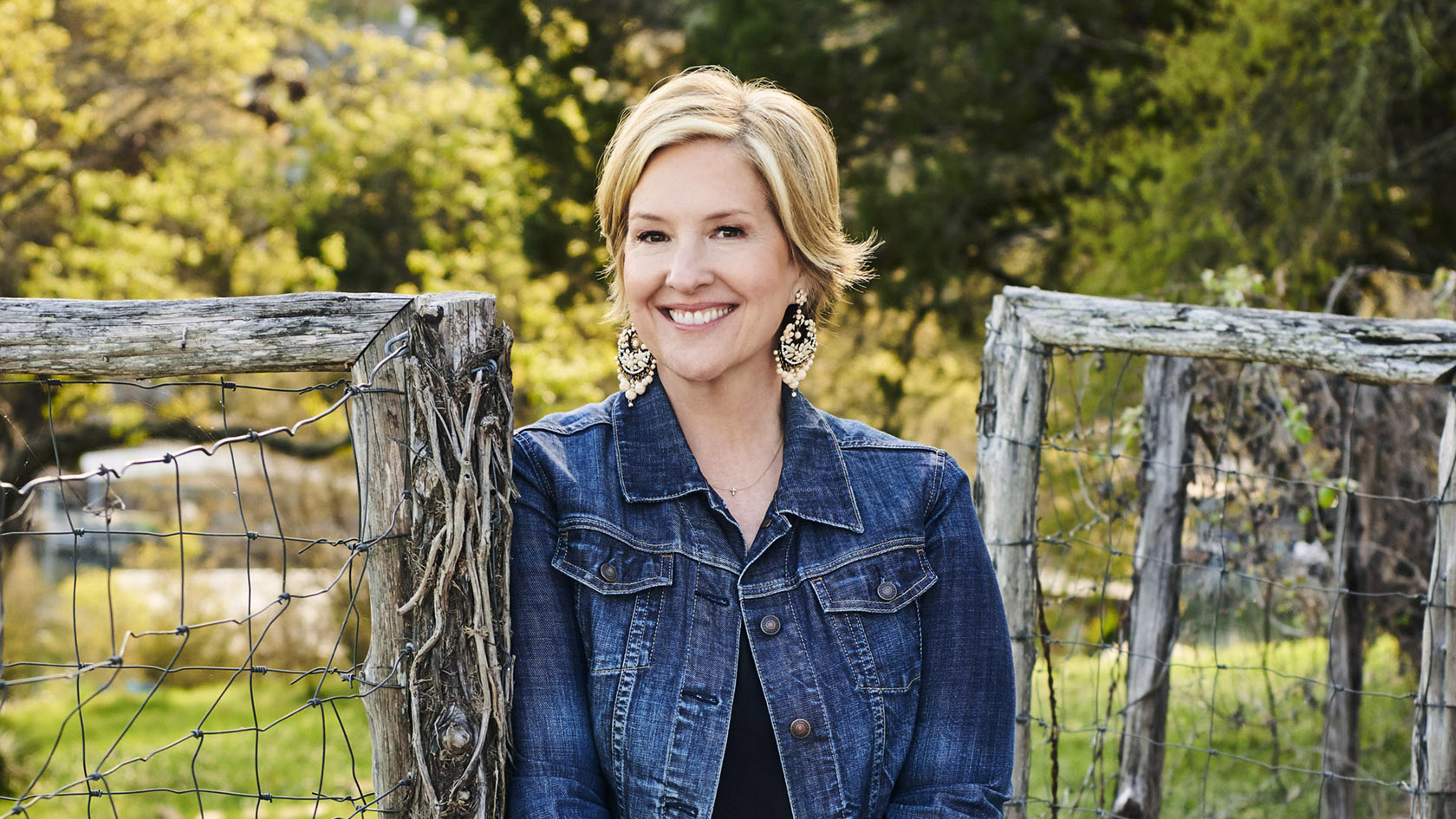
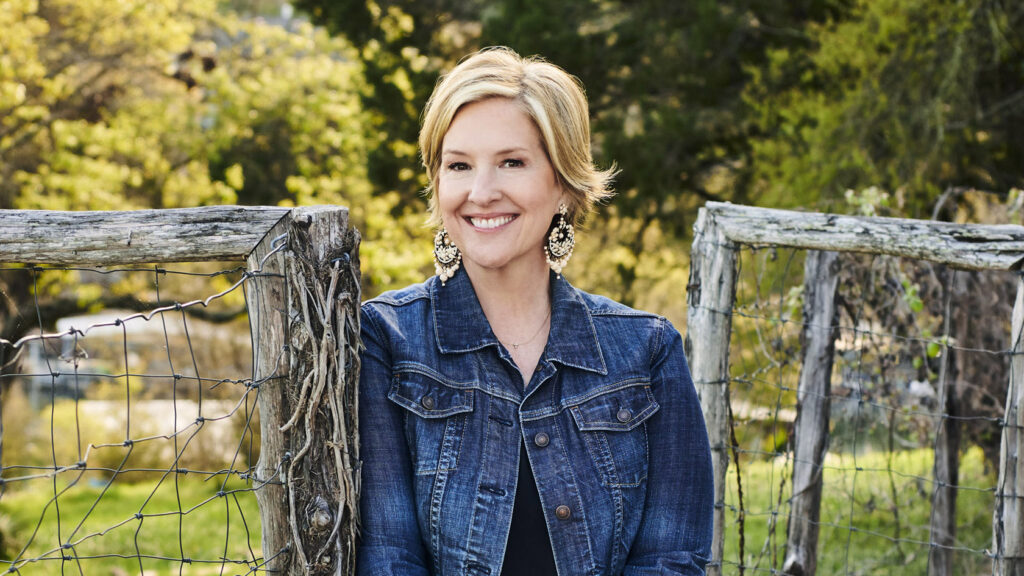
—
If it doesn’t feel vulnerable, the sharing is probably not constructive.
—
BRENÉ BROWN (1965), American professor, author, and podcast host; particularly known for her research on vulnerability and leadership.
Wisdom for Teams #15
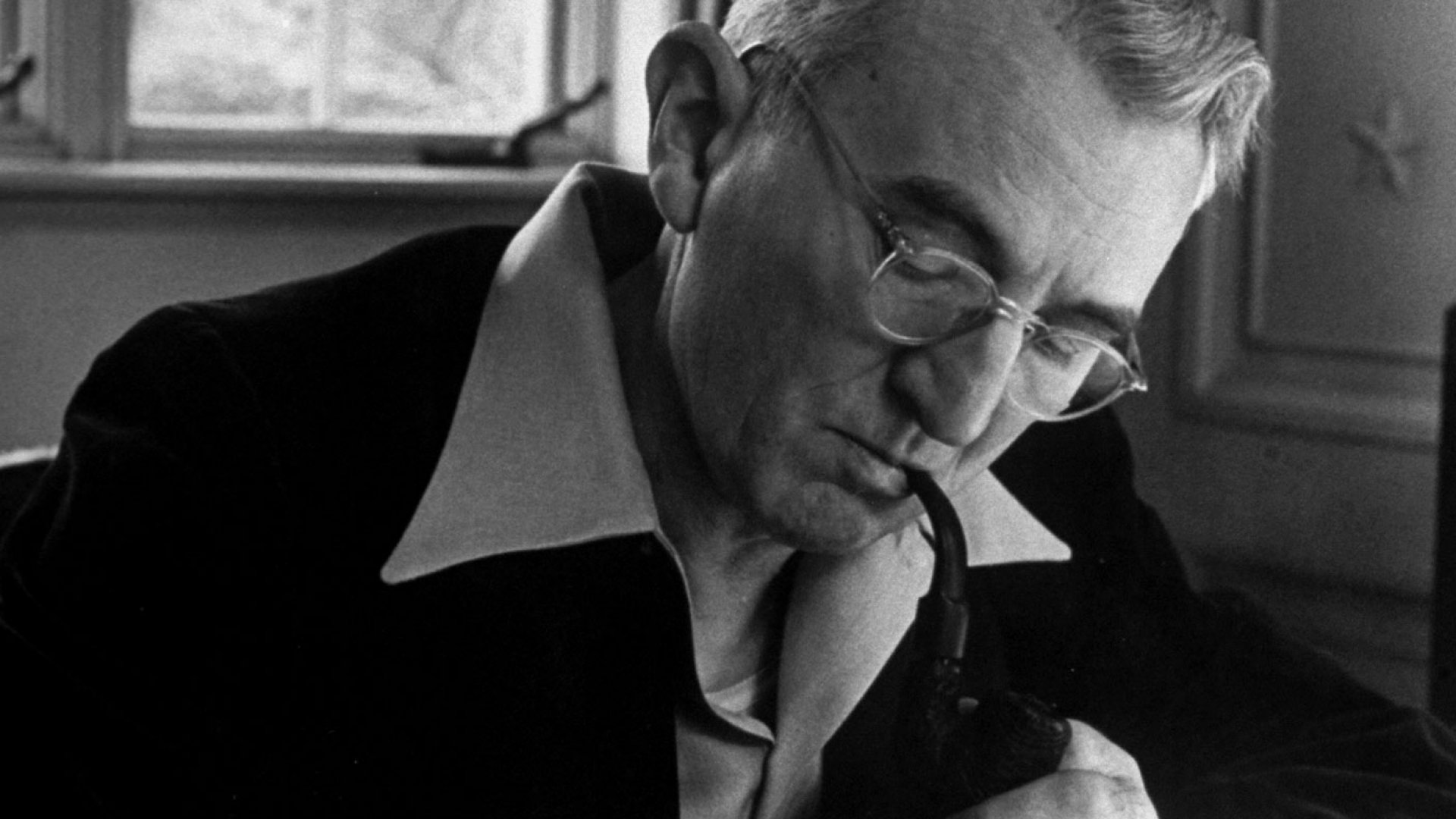

—
“A person convinced against their will
is of the same opinion still.”
—
DALE CARNEGIE (1888 – 1955), American writer and lecturer, developer of courses in self-improvement, salesmanship, corporate training, public speaking, and interpersonal skills. Author of the popular bestseller How to Win Friends and Influence People (1936).
An Exercise to Assess Your Relationships
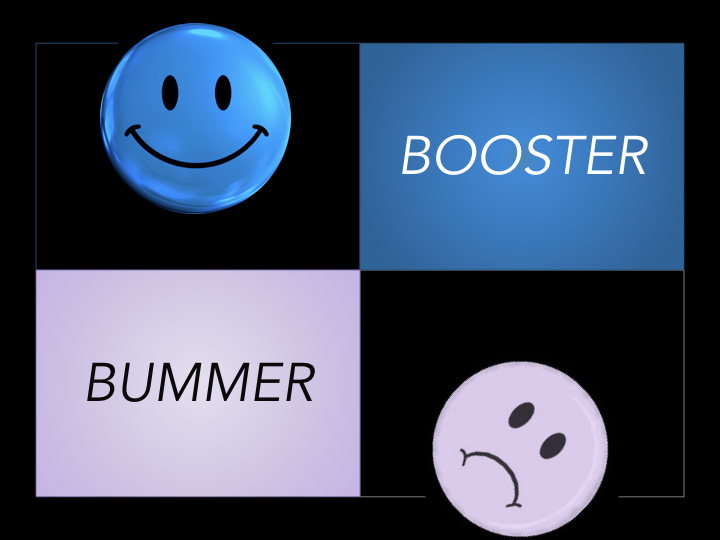

—
This is a 3 min. exercise I’ve been doing in my trainings. I created it because relationships are a great source of energy. Given our limited mobility these days and the constraints of online interaction, who can’t do with a bit more energy? But relationships can also drain our energy. So it’s crucial to know which are and are not energizing us.
Step 1
Make a list of the top 5 to 10 people that you spend more time with, people that occupy your physical and/or psychological time. The nature of the relationship is not relevant here. However people you love but don’t spend too much time with are not for this list.
Step 2
Make two columns. On the left write “Bummer”, on the right write “Booster”. In the “Booster” column put the names above of the relationships that are energizing you. In the “bummer” put the names of relationships that are currently draining you. When in doubt, opt for the bummer side.
Do this honestly. Notice that we’re talking about the state of the relationship and not the person. Relationships have ups and downs. You might have a relationship with someone you love dearly that is currently in a bummer state.
Step 3
For the people in the booster column commit to reinforce your relationship with plenty of positive feedback, compliments and appreciation. This will strengthen the booster loop you have going.
Step 4
For the people in the bummer column, choose one of these three options:
Option 1: End the relationship. If the relationship really doesn’t bring anything significant to your life and you are in a position to end it, end it.
Option 2: Fix the relationship. If the relationship is one you value deeply and want to continue, then it’s time to have one of those talks and let them know you’re being drained. Left as is, this relationship can turn toxic.
Option 3: Insulate (not isolate) yourself from the other person. If you can’t end the relationship, and it just ins’t worth fixing, you want to protect yourself from their draining influence.
This is done with what Andres Martin, founder of the Foundation for Emotional Education of Barcelona, calls an “emotional condom”. A condom allows you to interact without getting infected, in this case, without draining your energy. This is choosing to walk away, inside.
Wisdom for Teams #9


—
“Assume ignorance before malevolence.”
—
JORDAN PETERSON (1962), Canadian clinical psychologist and a professor of psychology at the University of Toronto, author of the #1 International Bestseller 12 Rules For Life: An Antidote to Chaos.
Wisdom for Teams #8
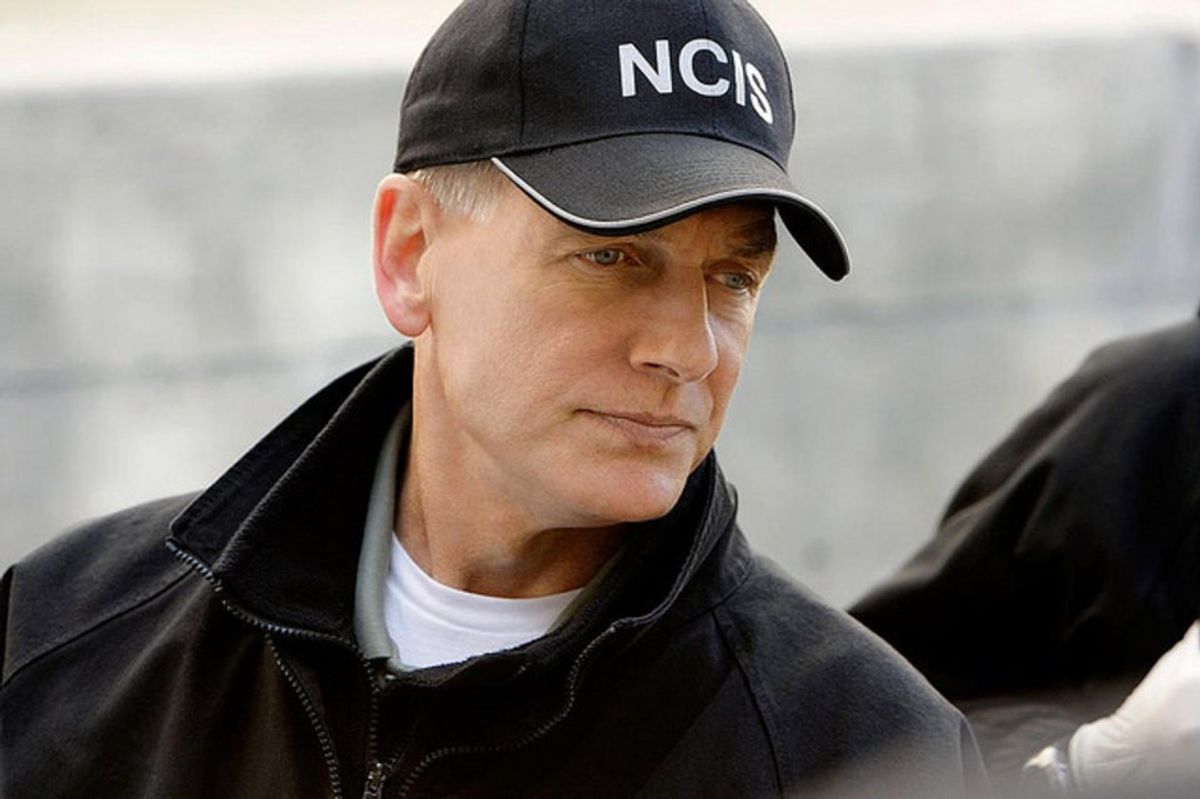
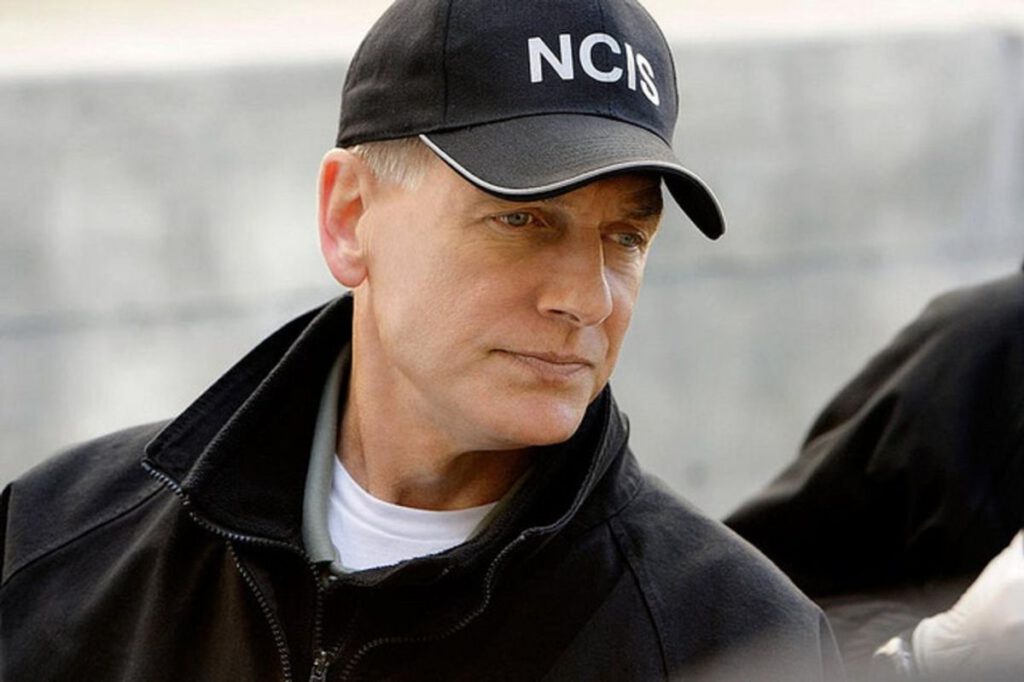
—
“If you talk too much people end up thinking they heard things you never said.”
—
LEROY JETHRO GIIBS, fictional character of the CBS TV series NCIS, portrayed by Mark Harmon.
I Broke a Promise
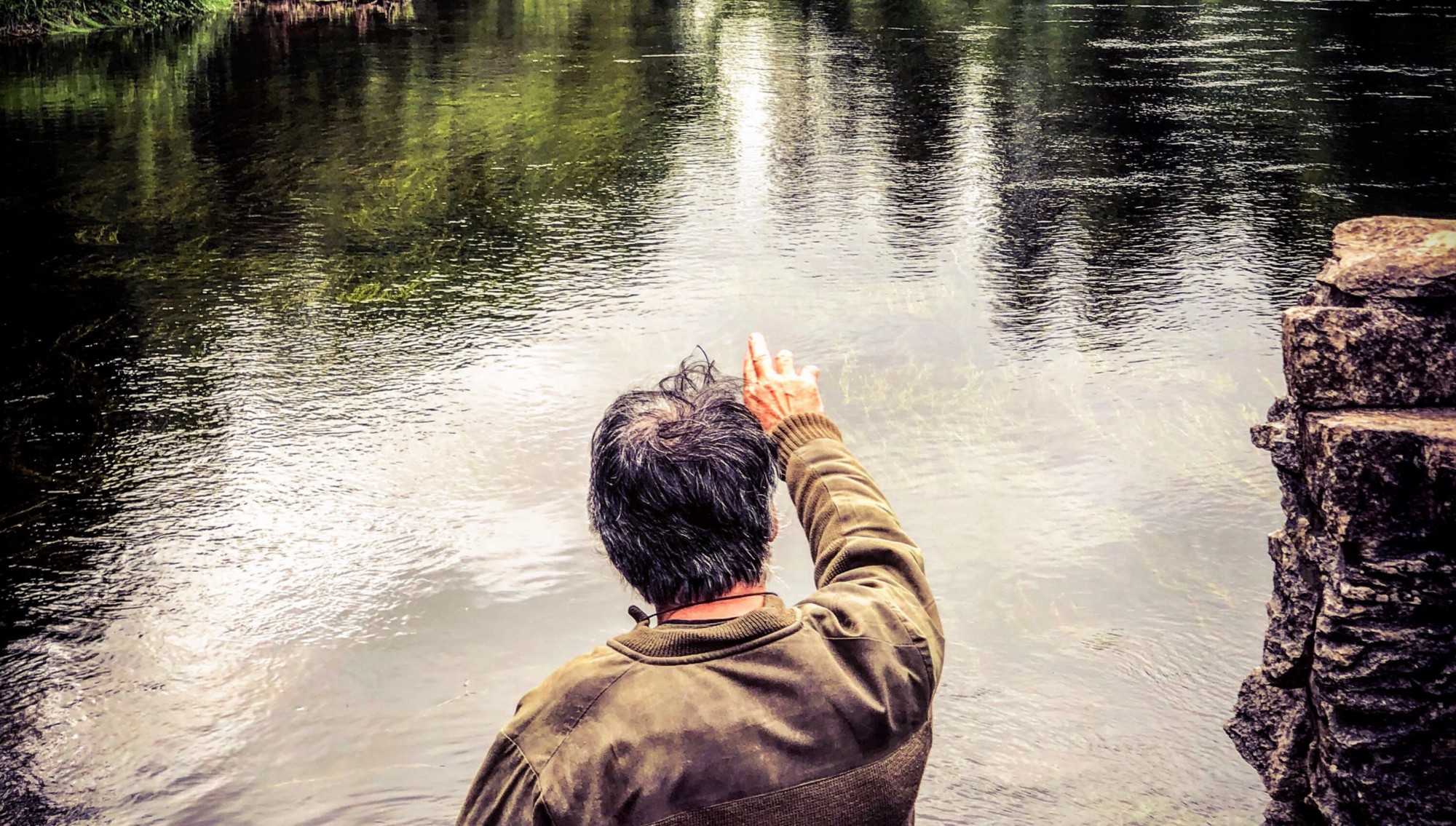

Photo Credit: Jonny Miller
I broke a promise when I decided I’d no longer serve as a priest.
I broke a promise when I decided I’d end the relationship.
I broke a promise when I decided I’d stop seeing that friend.
Breaking a promise didn’t feel good. But it happened, again and again.
This week I came across a poem by David Whyte about how to break a promise.
Apparently we humans break promises, again and again. Apparently we can learn to do it better.
Shall we accept that breaking promises is part of life, like making them is?
—
To Break a Promise
Make a place of prayer, no fuss now,
just lean into the white brilliance
and say what you needed to say
all along, nothing too much, words
as simple and as yours and as heard
as the bird song above your head
or the river running gently beside you.Let your words join one to another
the way stone nestles on stone,
the way water just leaves
and goes to the sea,
the way your promise
breathes and belongs
with every other promise
the world has ever made.Now, let them go on,
leave your words
to carry their own life
without you, let the promise
go with the river.Stand up now. Have faith. Walk away.
In “The Sea in You: Twenty Poems of Requited and Unrequited Love” by David Whyte
P.S. David, I hope you don’t mind me sharing your poem here. Thank you.
A Story About Assumptions, Surprises, and More


Photo courtesy of One Day Web Group
—
In the year 2004-2005, I worked as a hospital chaplain, the priest that visits patients at the hospital. It was a year of great learning. This story is conceivably my greatest lesson learnt.
—
—
This was recorded as part of a storytelling evening organised by Lukas Liebich. You can learn more about it here: https://www.facebook.com/events/59426…
Feedback Part III: How to Suggest Improvements

Humans need feedback to grow, which make giving feedback the gift of growth. While positive feedback gives us the energy to grow, constructive feedback — when done well — shows us the path for growth, that is, what we can improve and how.
This series focusses on how we can make our constructive feedback more effective.
In the final part of the series, I share three techniques to suggest improvements when we give constructive criticism.
What techniques do you use to suggest improvements?
—

